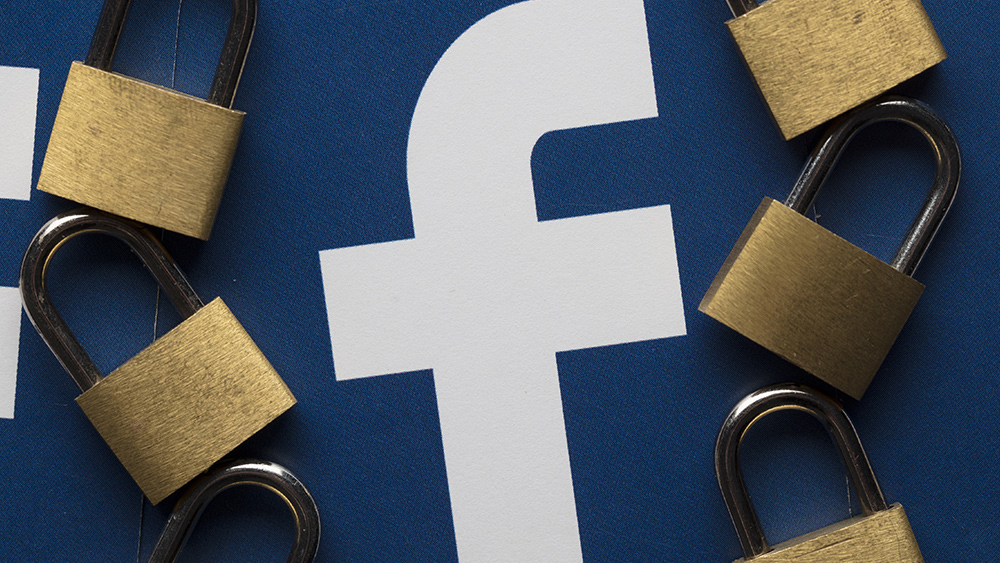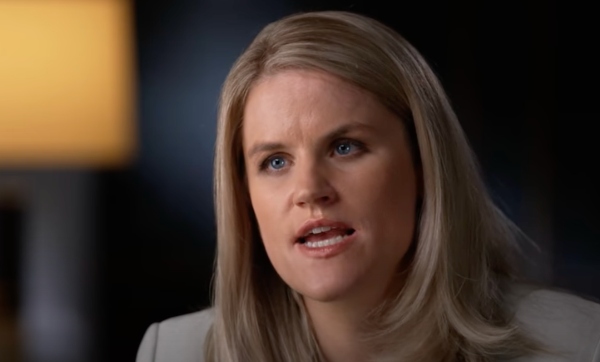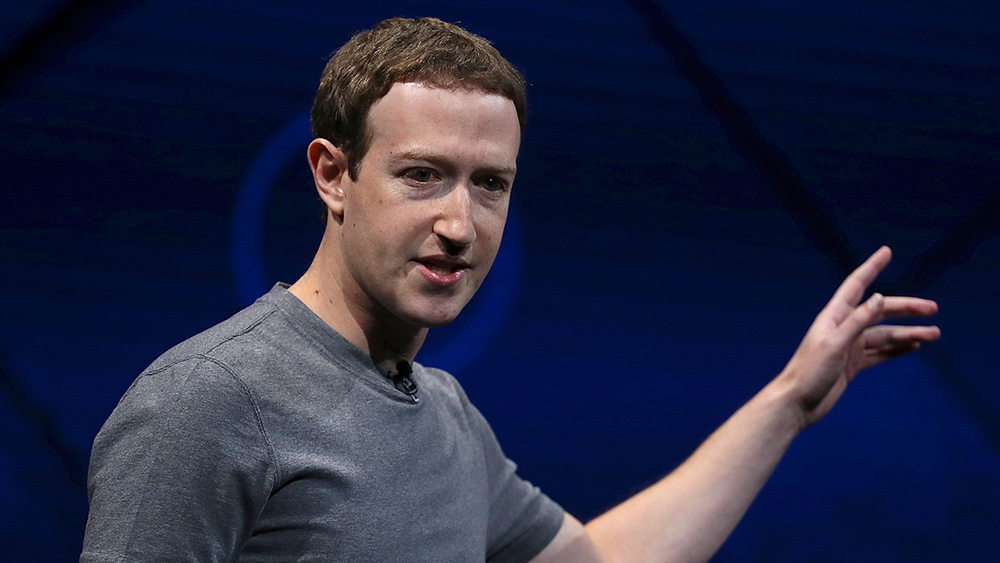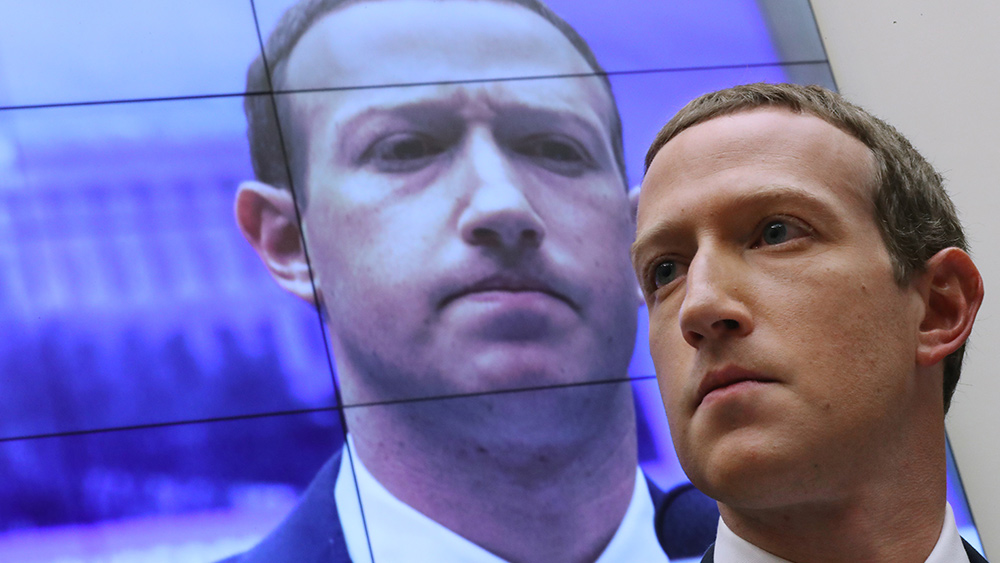Professor warns Big Tech is spying on people through smart doorbells
06/30/2021 / By Ramon Tomey
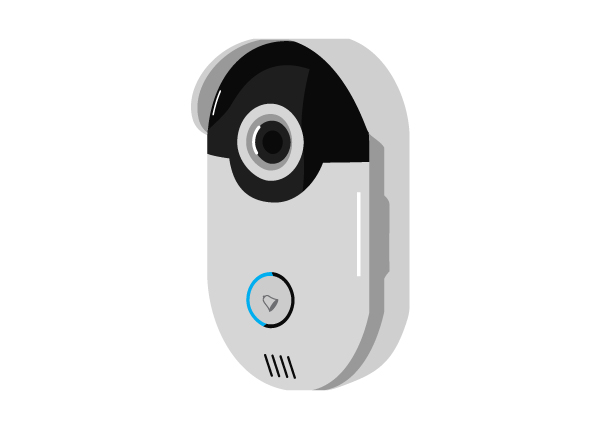
A professor claimed that different devices people use every day – including smart doorbells – are actually spying on them. University of Oxford professor Carissa Veliz warned that computers, televisions and mobile phones are all collecting people’s data without their consent as soon as they wake up. She added that people are “unwittingly” giving away personal information to smartphone manufacturers, app developers and mobile phone companies on an everyday basis.
Veliz elaborated on how tech companies collect people’s data in a June 26 op-ed for the Daily Mail. According to her, modern vehicles can now log the places visited by their drivers, the speed they are driven, the music played inside them and even their drivers’ weights. She continued: “If you wear a smart watch, it will have recorded your every moment in bed. Share a picture or record your thoughts on Facebook, or type a search [term] into Google, and that information is tracked and stored.”
The professor also noted how the seemingly innocent smart doorbell could be used for surveillance purposes as it “records images of those who come near.” Veliz said: “It’s anybody’s guess where the [smart doorbell] footage is going to end up and what it will be used for.”
She also warned that the smart TV can also be used to spy on people. “You turn on your smart TV. It is probably identifying everything you watch and sending the data to the manufacturer, third parties or both.” Veliz added: “Intelligence agencies … can make your [smart] TV look as though it is off while they record you.”
Veliz further warned that even digital assistants such as Alexa may be listening to people’s conversations. “If you had time to read the privacy policies of the objects you buy, you would also have noticed that your TV picks up and records your spoken words and reserves the right to transmit them to other organizations.” (Related: Is your TV spying on you? For millions of viewers, the answer is YES!)
Veliz warned against Facebook’s encroachment on people’s privacy
According to Veliz, Big Tech companies such as Facebook and Google have done more than any other firm to build the so-called “data economy” through their collection of people’s information. The ongoing Wuhan coronavirus (COVID-19) pandemic shined a light on the full extent of this economy – and the resulting surveillance.
People have relied on Facebook and other social media sites to stay connected with friends and family. Video conferencing apps such as Zoom and Google Classroom became necessary tools for work and school. “The past year has shown us how impossible it is to opt out. Collectively and separately, these platforms are watching us,” Veliz said.
Veliz elaborated that Facebook can obtain information about a user’s IP address, location and other websites they have access to that contains the site’s “like” buttons. Furthermore, the Facebook algorithm can inadvertently link people with other users they do not wish to interact with. She noted some instances in which a psychiatrist saw his patients’ Facebook profiles, victims being connected to their harassers and a husband finding his wife’s lover in his suggested contacts.
“Everything you do while on Facebook gets tracked,” the professor said. She continued: “It may seem like a social network on the surface, but its real business is trading in influence through personal data. It wants to know who we are [and] what we think, … [and] wants to predict and influence our behavior. And armed with this, it can then sell advertisers access to your attention.” (Related: More than 500 million users’ personal data compromised in Facebook privacy breach.)
Veliz shared some tips to reclaim and maintain people’s privacy online
Given this situation, the Oxford professor shared five actions people can do to maintain their privacy. First, they should ideally choose devices that do not connect to the internet if possible. Second, people should consider carefully the content they share online – particularly when it concerns their children.
Her last three tips centered on what people must do while using on internet. Third, they must never click on the “accept cookies” button when visiting a website. Fourth, they should ensure that all privacy settings on social media are on the most stringent level. Fifth, they should use strong passwords for their user account credentials.
She remarked: “To those who question whether online privacy matters, I ask them for [the] password to their email account.” The professor concluded: “The ground rules that we set now will determine the privacy landscape of the next few decades. It is critical that we get things right. We owe it to ourselves and to our children.”
Visit Surveillance.news to read more articles about Big Tech firms tracking people without their consent.
Sources include:
Tagged Under: Alexa, Big Tech, dangerous, data collection, deception, digital assistant, Facebook, Google, information technology, privacy, smart doorbell, Smart TV, Social media, spying, surveillance, traitors
RECENT NEWS & ARTICLES
COPYRIGHT © 2017 MARK ZUCKERBERG NEWS






